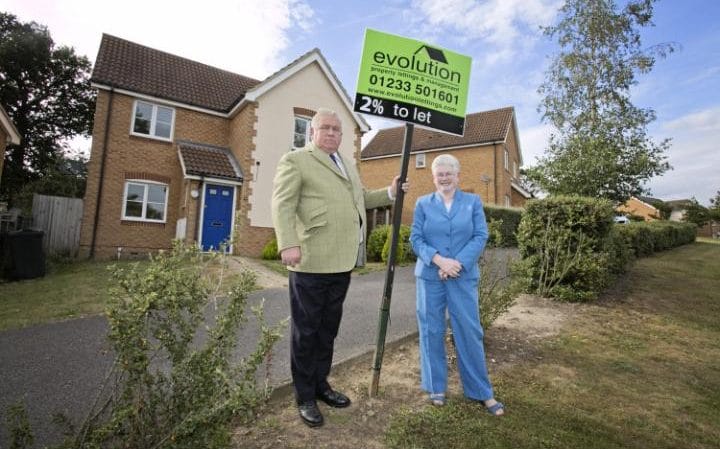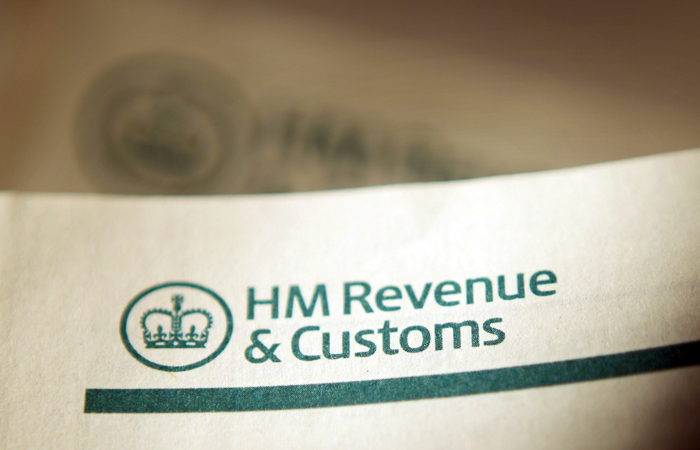Britain’s biggest buy-to-let landlord Fergus Wilson is facing legal action after defending his policy to direct his letting agents not to let his properties to “coloured” people whom he claimed make his homes “stink of curry”.
Mr Wilson refused to deny making a list of requirements for tenants in an email to a letting agent seen by the Sun newspaper. He did however say that it was “some time ago”.
Wilson, who has previous convictions for assault and who last year failed in a bid to run for the role of Kent’s police and crime commissioner, said the controversy started when he bought a house in Ashford at a discounted price because of a strong smell of curry.
“I said when I bought it that within six months it’d be sorted but we just could not get rid of the bloody smell – it absolutely stank of curry,” he told Kent News.
“The carpets had to come up and the whole job meant throwing £12,000 down the drain.”
Mr Wilson then bought another house nearby but said a mixed-race family left the house smelling of curry at the end of their tenancy.
“It was a case of once bitten, twice shy,” he said.
“Having spent six months on the first one I said ‘no I’ve have enough, I do not want to take on another house where I have to get rid of a curry smell’.
“Yes, I accept not every individual coloured person likes and eats curry but I think a high proportion do and I had to go on probabilities.
“It was done because I did not care to repeat the experiences of before.”
When challenged on the use of language many would find offensive, he responded: “I use the term ‘coloured’ because it’s quicker and easier than saying ‘people from India, people from Africa and people who are Arabic’.
“To anybody who says I’m racist, I’ve just employed a coloured person.”
“Battered-wife” letting ban
This is not the first time Mr Wilson has been in the public eye for discriminating potential tenants. In January he issued letting criteria which banned single mums, battered wives, plumbers and low income earners.
His ban on battered wives came following his attempt to run stand for election for Kent’s Police and Crime Commissioner on an anti-domestic violence platform. In the end his candidacy was ruled ineligible by the election officer for his previous assault conviction. Wilson also claimed that if elected he would return illegal immigrants to France the day after they arrive in Kent.
Speaking to the Sun Wilson denied he was a racist saying “To be honest, we’re getting overloaded with coloured people. It is a problem with certain types of coloured people – those who consume curry – it sticks to the carpet. You have to get some chemical thing that takes the smell out. In extreme cases you have to replace the carpet.”
He further claimed that while he doesn’t today employ a specific policy banning “coloureds” he estimates he’s only rented to 14 mixed-race tenants over his two decades in the property business.
“As long as their money is green, we’re happy to have them,” he said.
“But if the same situation happened again tomorrow, I would say the say thing, because I was being practical.”
Discrimination investigation
Rebecca Hilsenrath, the chief executive of the Equality and Human Rights Commission said the watchdog would be investigating the comments and warning Wilson that he could face legal action.
“These are truly disgusting remarks as well as being unlawful instructions from a landlord to a letting agent,” she said. “There are still deep inequalities in our society as our race report demonstrated and these comments show why.
“As a country we all assume we have left the dark ages behind, but clearly there is more to be done. We will investigate and will be asking Mr Wilson to explain his actions. Unless we are satisfied that he will not commit unlawful acts in the future we will take legal action”.
The Renters Alliance helps renters with bad landlords and letting agents. If you have a story you would like to share, please contact the National Renters Alliance through our website or email us at contact@nralliance.co.uk









